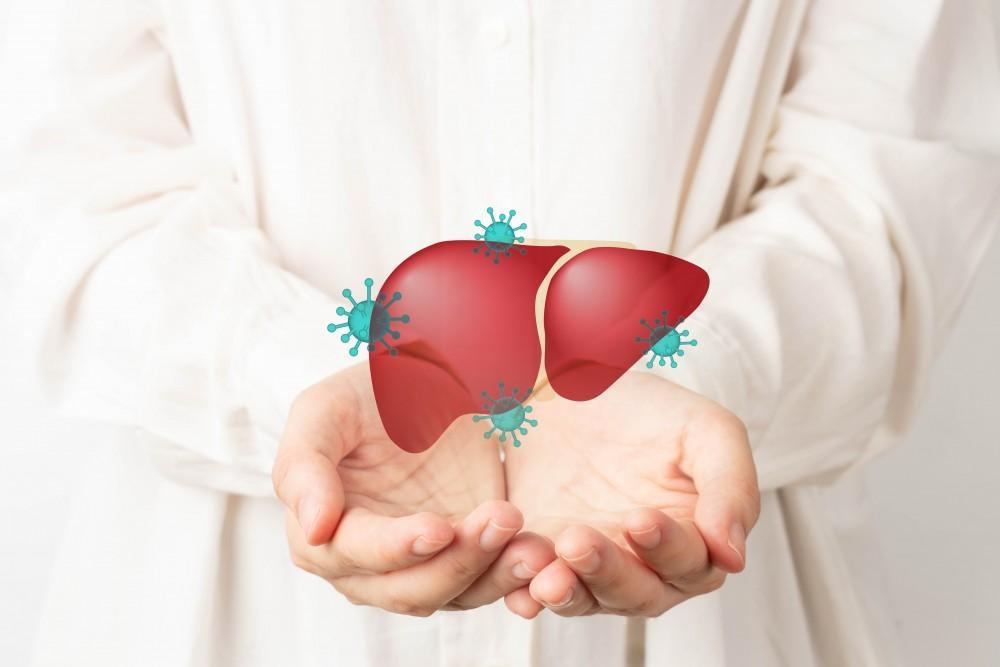What Is Overlap Syndrome?
Overlap syndrome means you have signs of both asthma and COPD. This is also called Asthma-COPD Overlap Syndrome (ACOS). It can make breathing harder and symptoms more intense. Doctors often use the ICD-10 code J44.9 for this condition. With the right care, many people feel better and breathe easier.
What Causes It?
- Smoke or have smoked for many years
- Breathe in secondhand smoke often
- Long-term exposure to air pollution or dust
- Personal or family history of asthma or allergies
- Age over 40 (but it can happen at any age)
- History of multiple lung infections
Common Symptoms
- Wheezing or noisy breathing
- Shortness of breath, especially during activity
- Frequent coughing, with or without mucus
- Tightness in the chest
- Flare-ups that last longer than a cold
How Dr. Rishi Diagnoses Overlap Syndrome?
Step 1: Medical History and Symptom Review
Dr. Chadha explores your breathing issues, smoking and pollution exposures, history of asthma or COPD, frequency and severity of symptoms, and any past lung infections.
Step 2: Spirometry
This lung function test measures your FEV1 and FVC, and includes bronchodilator reversibility to distinguish asthma-like and COPD-like patterns.
Step 3: Imaging Studies
- Chest X-ray: evaluates lung structure, rules out other conditions.
- Chest CT scan: provides detailed views of airway remodeling, emphysema, and other lung changes.
Step 4: Allergy Testing
Skin-prick or blood tests identify common asthma triggers such as pollen, dust mites, molds, and pet dander.
Step 5: ACOS Criteria Review
Dr. Chadha correlates your clinical history, spirometry, imaging, and allergy results with established asthma-COPD overlap syndrome guidelines to confirm the diagnosis.
```html
Frequently Asked Questions
What is overlap syndrome?
It's a condition that includes features of both asthma and COPD.
How is it diagnosed?
With lung tests (spirometry), imaging (chest X-ray or CT), allergy testing, and a review of your medical history.
What's the ICD-10 code for overlap syndrome?
J44.9 is commonly used for Asthma-COPD Overlap Syndrome (ACOS).
Who is at risk?
People who smoke or have smoked, are exposed to air pollution or dust, have asthma/allergies, or are over 40.
Does it affect life expectancy?
Yes, but with proper treatment and lifestyle changes, you can improve your symptoms and outlook.
What medications help?
Inhaled bronchodilators and corticosteroids, combination inhalers, and sometimes short-term oral steroids for flare-ups.
Can diet help?
Yes. A balanced diet rich in fruits, vegetables, lean protein, and maintaining a healthy weight supports lung health.
Can it be cured?
No, but you can control symptoms effectively with a personalized care plan.
How is it different from asthma or COPD alone?
It combines features of both conditions, so treatment must address airway constriction and chronic inflammation.
How do I make an appointment?
Call GastroDoxs in Houston or book online to schedule your visit with Dr. Rishi Chadha.
```











